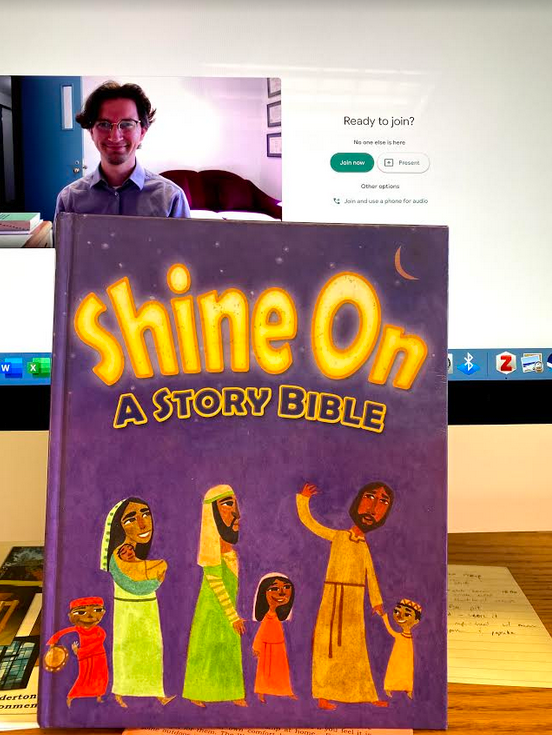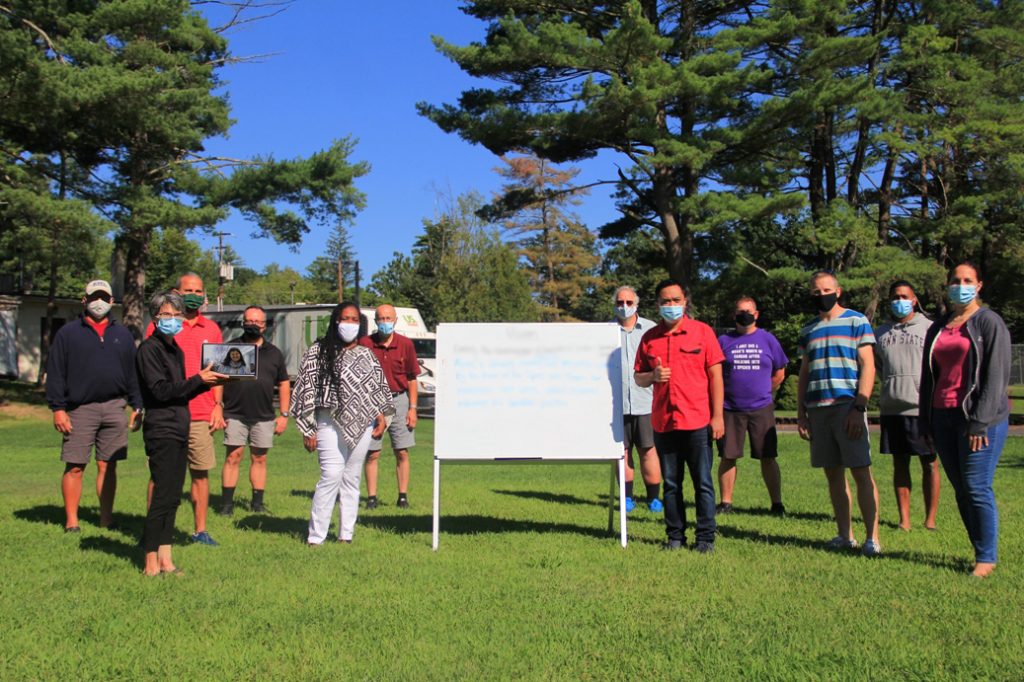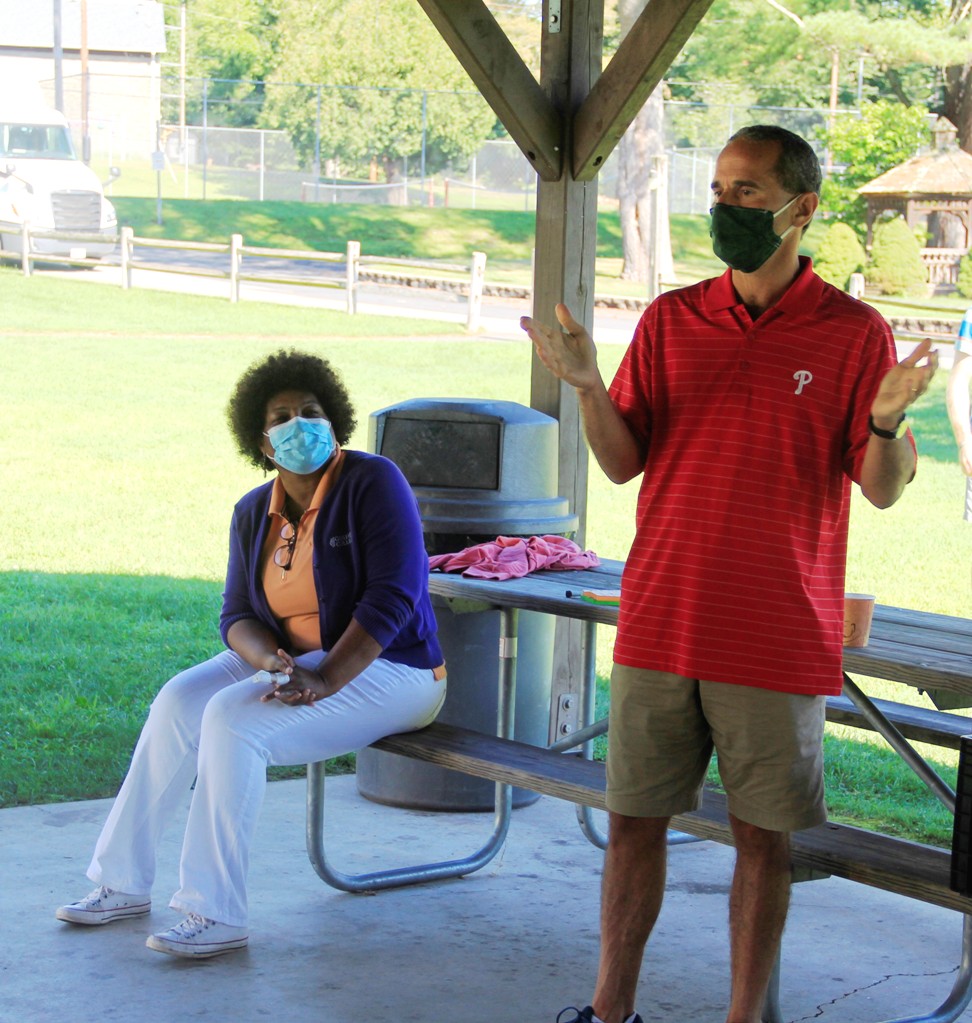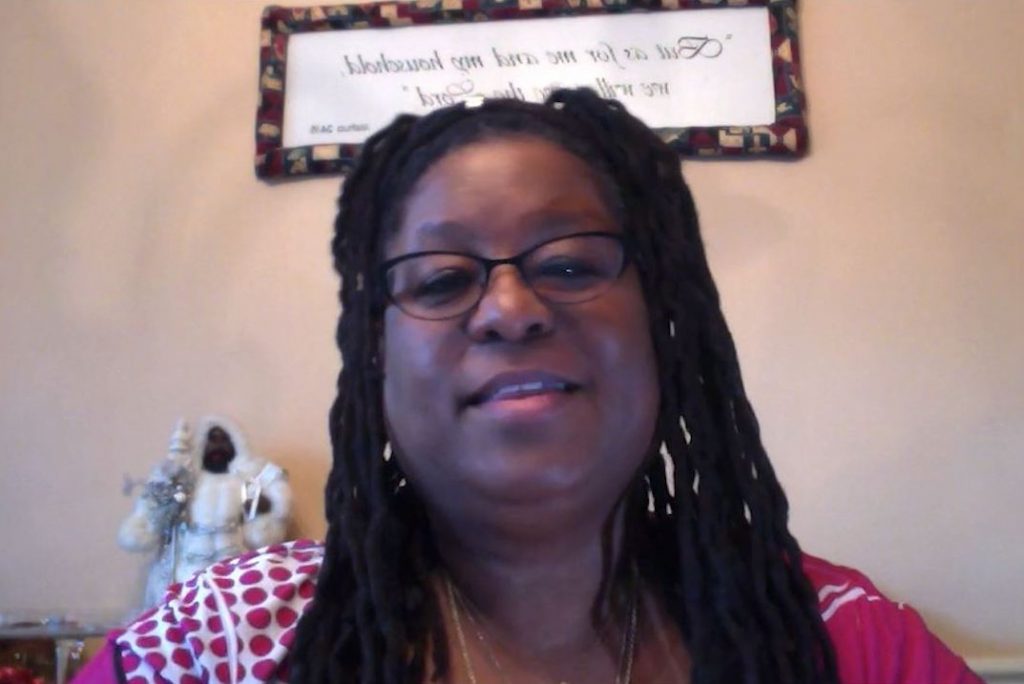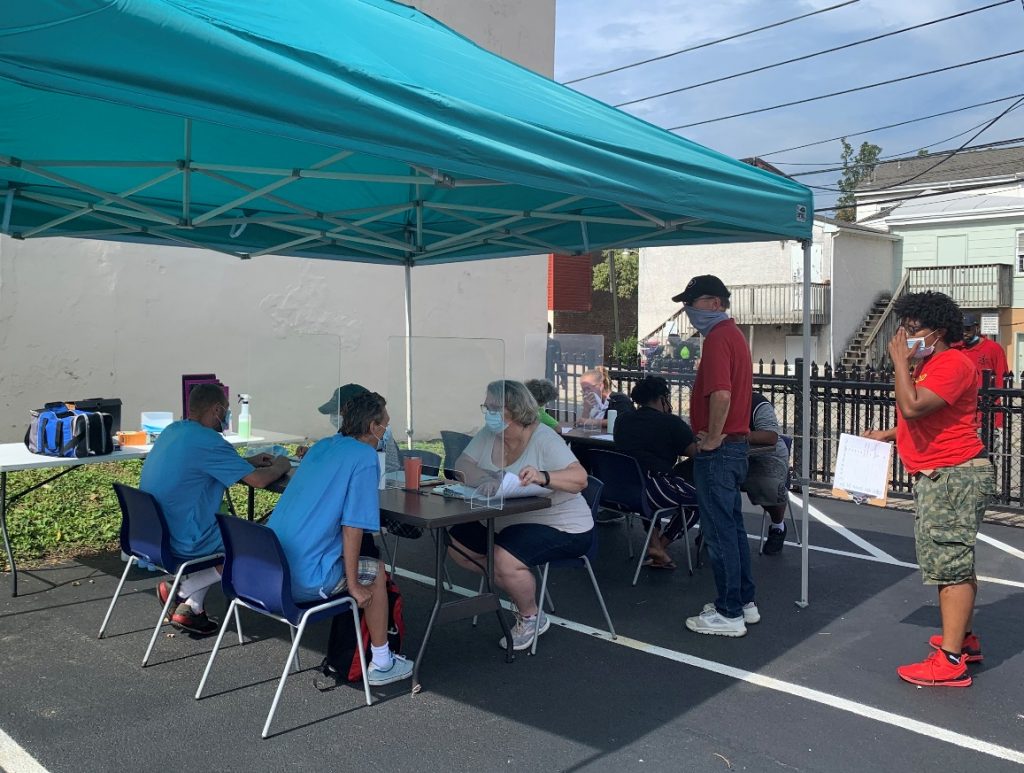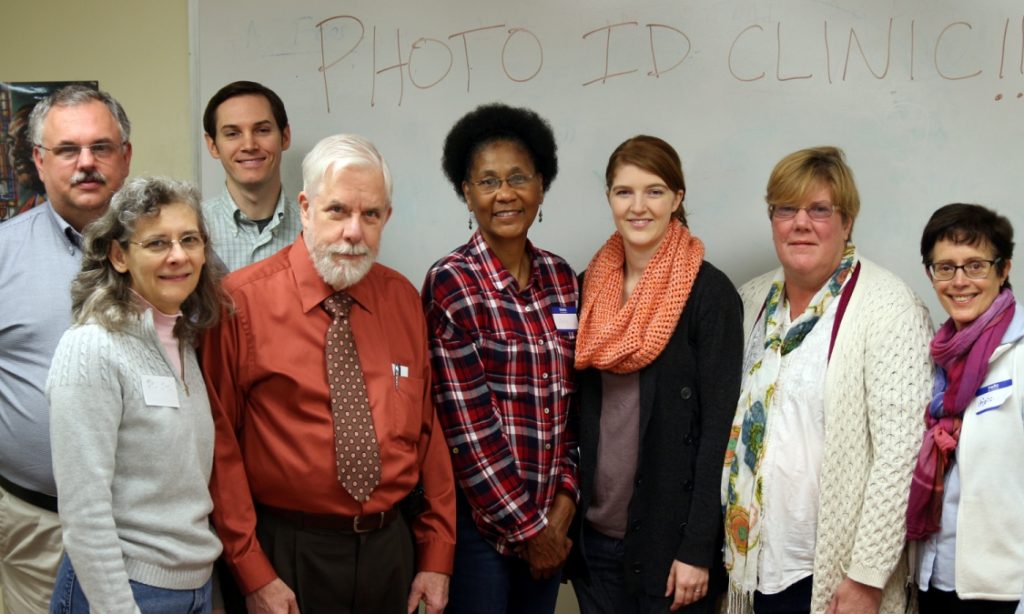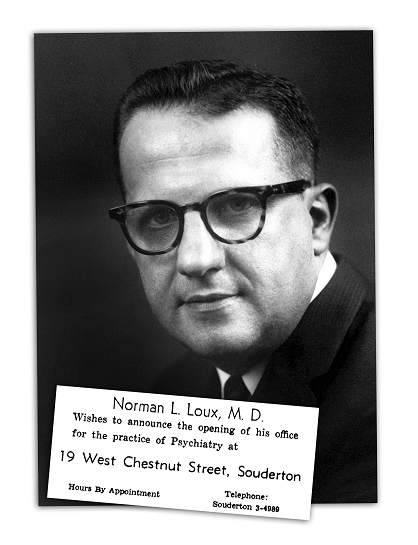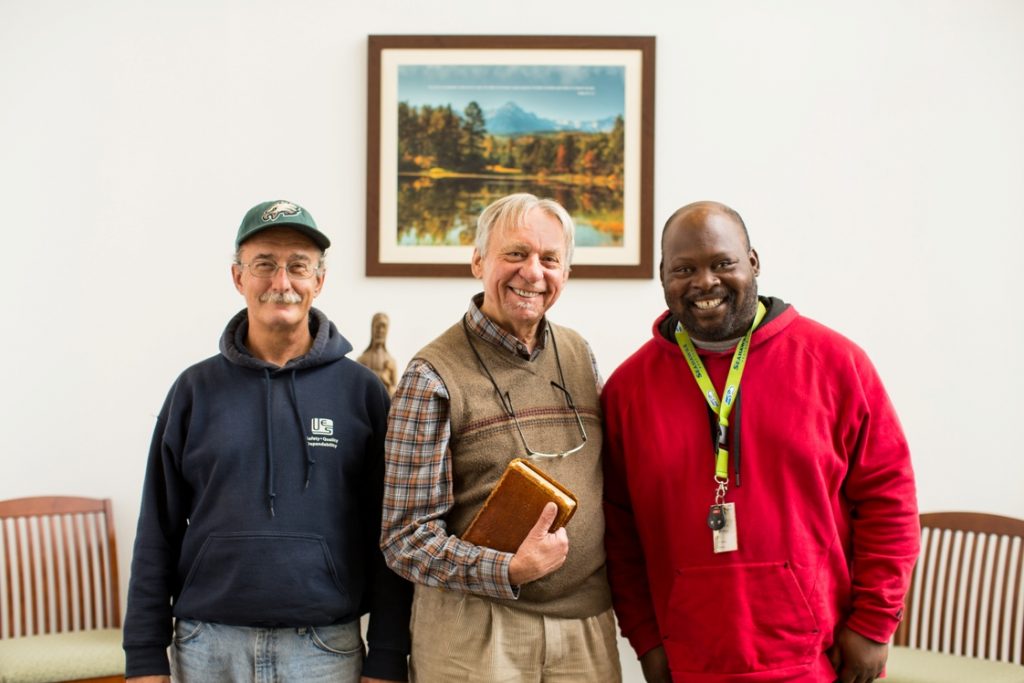Supporting the Church in India
by Kendra & Jim Rittenhouse
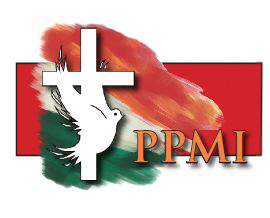
Peace Proclamation Ministries (PPMI) began in 2011 by Paulus and Sumatha Thalathoti with the blessing of their Plains (Lansdale, PA) congregation. PPMI works primarily with churches in south east India. Christian churches are dotted throughout the countryside, with members who were converted to Christianity one or two generations ago but left alone as islands in a sea of other religions.
The Thalathotis have spent the last nine years in countless late night phone calls and multiple trips to India in order to build a network of support for these isolated churches. The network is sectioned by regions into smaller networks. Pastors who wish to join PPMI are thoroughly vetted with a minimum of one year of discernment for each. Not all pastors are accepted, as some join to seek monetary gain.
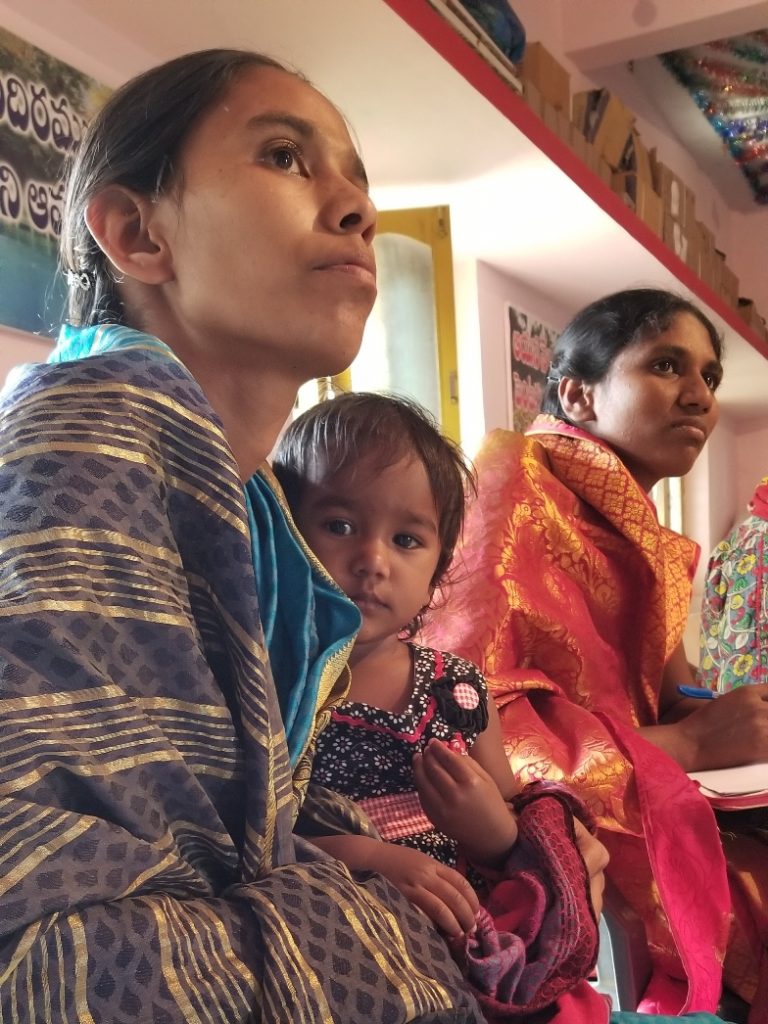
PPMI has grown from eight to 70 churches. In 2012 the Thalathotis began the first annual pastors’ conference, a 3-day retreat for spiritual enrichment with a Jesus-centered, Anabaptist view. Mennonite pastors, teachers, and lay persons have traveled from Pennsylvania to India for this purpose. Along with biblical enrichment and year-long counsel and support, congregations may also receive monetary assistance when medical needs or church repairs arise.
Many of the people who attend PPMI congregations live in the poor, rural communities of India. They do not have food reserves or access to food on a regular basis. With the economic effect of COVID-19, these communities in India have been severely affected due to the lack of day labor jobs and cash reserves.
Recently, PPMI doubled the normal monthly support to our pastors so that they could purchase food for their respective communities and families. Because of established networks for communication and finances, this happened efficiently.
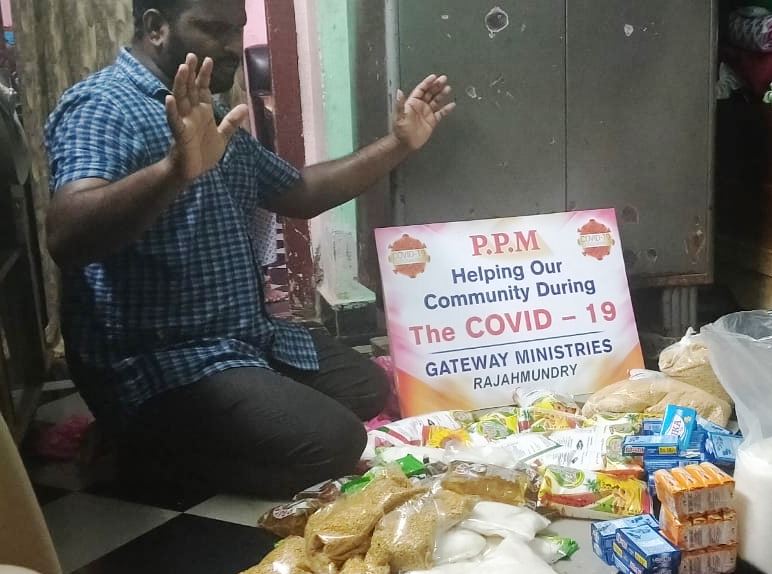
Even though PPMI is typically not in the food distribution business, we used our network to make a difference by reducing the pain caused by the effects of a virus. Sometimes God calls us to action beyond our own comfort zones. Since May this year, it’s been meaningful to be able to provide the next meal for many who live so far away.
One thing we don’t question is the inner strength and faith in God of the PPMI pastors and spouses. They have seen miracles when there was no hope. When all seems lost, they do not give up. They use everything they have and pray more. They love God deeply. They love others daily. May God continue to give them strength and hope.


